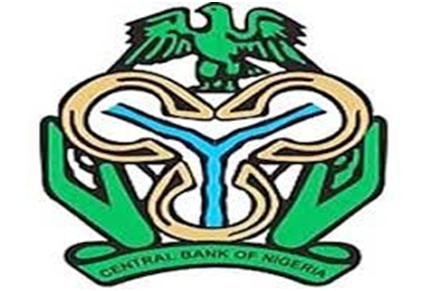 The Central Bank of Nigeria has issued reviewed guidelines for its Micro, Small and Medium Enterprises Development Fund (MSMEDF). The fund according to the CBN will help channel low interest funds to the MSME sub-sector of the Nigerian economy through Participating Financial Institutions (PFIs).
The Central Bank of Nigeria has issued reviewed guidelines for its Micro, Small and Medium Enterprises Development Fund (MSMEDF). The fund according to the CBN will help channel low interest funds to the MSME sub-sector of the Nigerian economy through Participating Financial Institutions (PFIs).
A major aspect of the guidelines covers startups who are looking to access funds from the scheme. Here are the key areas that cover startups
- DMBs/DFIs (Deposit Money Banks & Deposit Financial Institutions) playing in this space, shall access MSMEDF facility at 0% interest for on-lending at 9% (all-inclusive) to start-ups. Meaning banks will borrow at 0% from the CBN and on lend to Startups at 9%
- PFIs are expected to accept charge on fixed and floating assets of the financed projects as collateral for start-ups.
- Collateral requirement from start-ups by PFIs (DMBs and DFIs) shall be educational certificates such as SSCE, National Diploma (ND), National Certificate of Education (NCE), National Business and Technical Examination Board (NABTEB), Higher National Diploma (HND), University degree (NYSC Certificate where applicable) and a guarantor. The start-ups to access the MSMEDF must present their Bank Verification Number (BVN). This suggest collateral such as land, houses or other physical assets will not be needed.
- Venture Capital Firms (VCFs) that wish to finance start-ups in form of equity participation shall be eligible to access the MSMEDF at 2% for investment in start-up projects. The collateral for such facility to the VCF shall be bank guarantee.
- Enterprises that are classified as micro can borrow not more than N500,ooo while those classified as SMEs but financed by MFBs & FCs can borrow up to N5 million. SME’s financed by y DMBs & DFIs can access up to N50 million only.
- Startups which we believe fall into the micro category borrow no more than N500,000 @9% and will have to repay within 12 months.
Critics of the new policy point to the fact that placing a 9% interest loans for Startups is a non starter as debt funding is the exact opposite of what they need. Startups typically seek funding in the form of equity as their business can go for months if not years without generating enough cash flows to sustain operations let alone repay debt. Even when it is equity it is first from friends and family before advancing to the Venture Capital Stage. Bank borrowing is typically not an ideal funding structure for Startups.
Another critic of the scheme is that it resembles prior ones that have failed because of its reliance on an on-lending model that transfers most of the risk to banks and thus will limit access to the fund. Banks will scrutinize applications based on the risk that they carry and may end up rejecting a lot of applicants or taking them through bureaucracies that Startups absolutely loathe.


